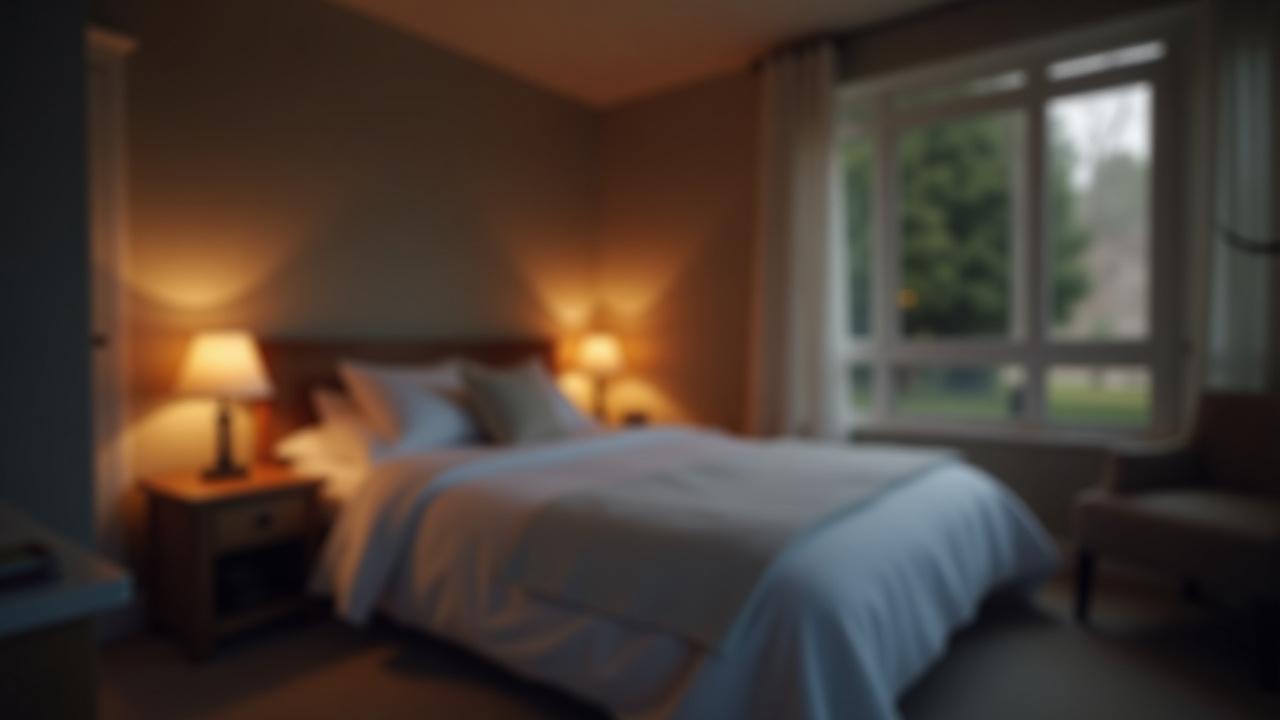The Ultimate Guide to Sleep Hygiene
Unlock the foundational habits that pave the way for consistent, high-quality sleep. From consistent bedtimes to evening rituals, establish the routines your body craves.
Learn More
Discover expert strategies, tools, and resources to improve your sleep quality and wake up energized.
Read the Guide to Better Sleep HygieneUnlock the foundational habits that pave the way for consistent, high-quality sleep. From consistent bedtimes to evening rituals, establish the routines your body craves.
Learn MoreDive deep into what your wearable tech tells you about your sleep cycles, REM, deep sleep, and sleep latency. Learn how to interpret this data for actionable insights.
Analyze Your DataAddress age-specific challenges like insomnia, the subtle signs of sleep apnea, and the impact of hormonal changes. Find tailored strategies for better rest.
Get SolutionsTransform your bedroom into an optimal environment for sleep. Learn about ideal light, temperature, noise reduction, and mattress considerations.
Optimize Your Space